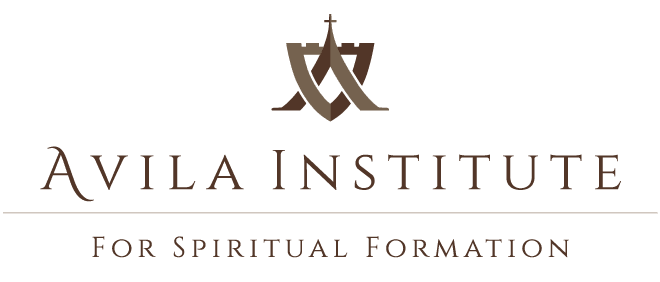The Heart of the Father and the Gift of Freedom
This same reality delighted His heart when His only begotten Son animated his own human will with the possibility of such divine liberty. The Father gloried in His Son announcing in this same freedom the fullness of love’s saving truth even to His last wordless breath on the Cross – such is the magnitude of this inexhaustible gift! And now, by this very work of redemption, the Eternal Father rejoices with His Son to pour out the Spirit of Freedom in ways unimaginable, defying all calculation, exceeding every expectation.
At once Living Waters and Living Flame, the Father knows this wave of freedom fills everything with life, establishes relation and harmony, and flows through the unrepeatable circumstances of this present moment. In a flash of hidden transformation, converting and subverting every principality and power, this Divine Breath submits under freedom’s ideal law every psychological, social and physical force. And when this jubilation is shared by someone who is vulnerable enough to be freely moved by such an excess of love – it is a mystery so beautiful that even heaven holds its breath, and this tired old world, completely caught by surprise, is lifted up by a sudden and invincible surge of pure glory.
